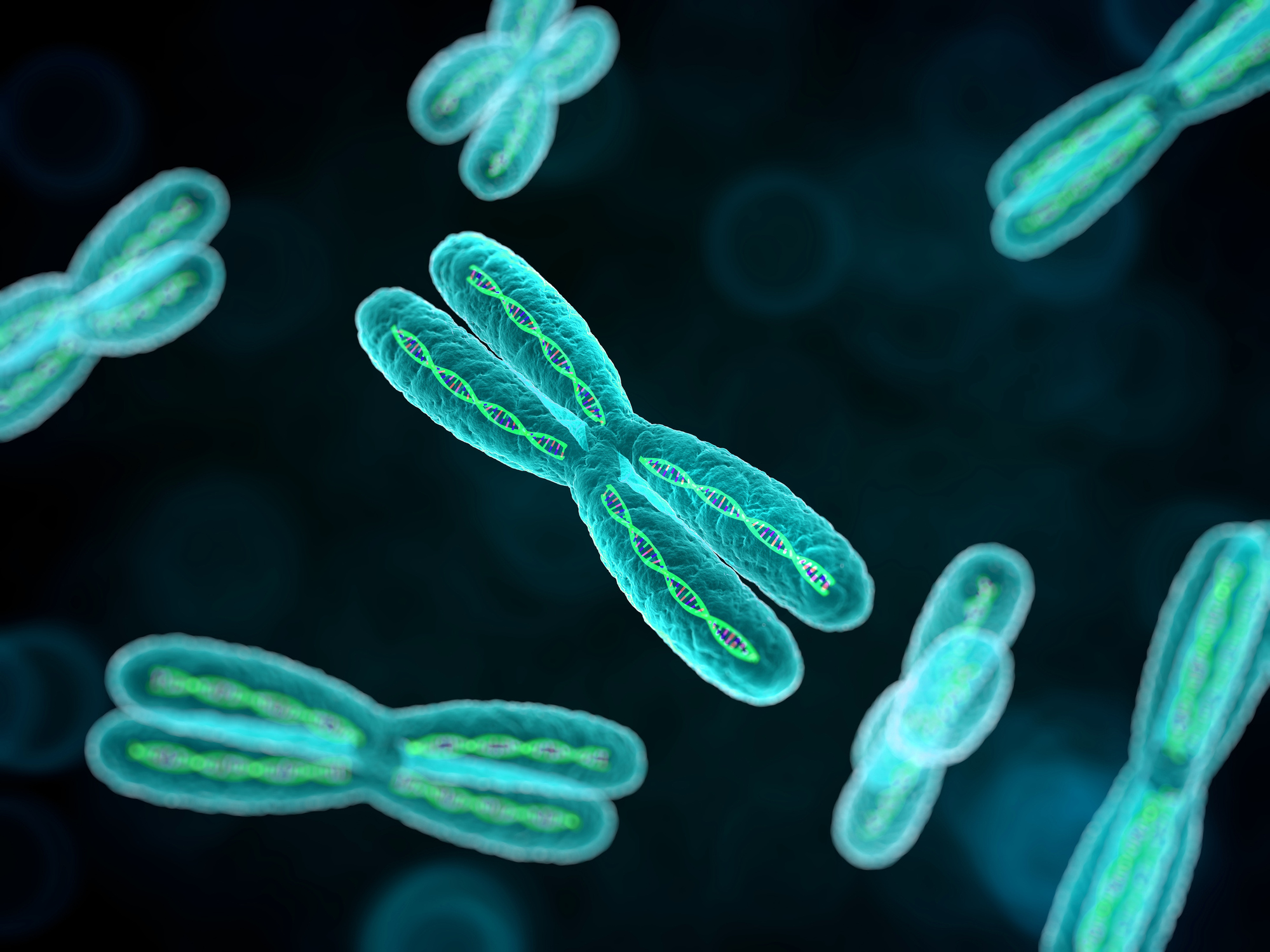Generative Biology Institute

Biology holds the key to solving some of our most enduring challenges.
Biology naturally performs a spectacular array of functions.
However, we don’t yet have the ability to reliably engineer biology. To unlock its full potential, there are two essential challenges to overcome. We must be able to write in the natural language of biology, and we must understand which DNA sequences will generate biological systems that perform the desired functions.
Unlocking the power of biology for the benefit of humanity
At GBI, we will develop the foundational technologies to overcome the challenges in engineering biology and apply our advances to address the global challenges encapsulated in EIT’s humane endeavours. GBI will have sustained and substantial funding to support the unique scale and ambition of its ground-breaking vision for engineering biology, and to enable it to tackle some of society’s greatest challenges.
Professor Jason Chin


“If leveraged correctly, biology holds the key to solving some of our most enduring challenges. Our vision is to lay the foundations for engineering biology, and unlock its potential for good.”
Jason is Founding Director of GBI, a Professor of Chemistry and Chemical Biology at the University of Oxford Department of Chemistry and a fellow of Magdalen College, Oxford. He is also founder and CSO of Constructive Biology Ltd, which develops and applies his foundational advances in engineering biology and synthetic biology, and a Non-Executive Director at the Department of Science, Innovation and Technology.
Prior to the launch of GBI, Jason was a Programme Leader at the Medical Research Council Laboratory of Molecular Biology (MRC-LMB), where he was also Founder and Head of the Centre for Chemical & Synthetic Biology (CCSB) and joint Head of the Division of Protein and Nucleic Acid Chemistry. He was also a Professor of Chemistry and Chemical Biology at the University of Cambridge Department of Chemistry, and a fellow of Trinity College, Cambridge.
Jason was awarded the Francis Crick Prize by the Royal Society in 2009 and the Royal Society of Chemistry’s Corday Morgan Prize and the European Molecular Biology Organization’s (EMBO) Gold Medal, in 2010. He is the inaugural recipient (2011) of the Louis-Jeantet Young Investigator Career Award and in 2019 he was awarded the Sackler International Prize in the Physical Sciences. Jason is in the European Patent Office Inventor Hall of Fame, a member of EMBO, a Fellow of the Academy of Medical Sciences, and a Fellow of The Royal Society.
Building the GBI team
GBI will commence operations in 2025. The team will work from a purpose-made facility in the Oxford Science Park, currently under construction. Once complete, this state-of-the-art facility will include more than 40,000m² of research laboratory and office space. At capacity, the GBI is expected to host 30 group leaders and more than 300 research staff, supported by cutting-edge scientific core facilities.
Located adjacent to EIT, GBI researchers will work closely with other parts of EIT, including it's AI and Robotics Lab.
GBI will be hiring a large faculty of world-leading researchers, across areas including: synthetic biology, computational biology and AI, microbial, plant and human cell biology, genomics, robotics and automation and nucleic acids chemistry.
To contact GBI, please email gbi@eit.org